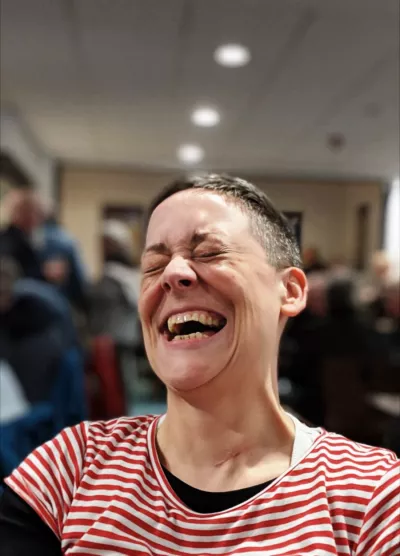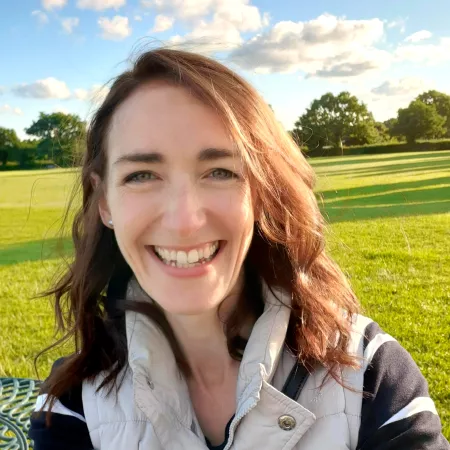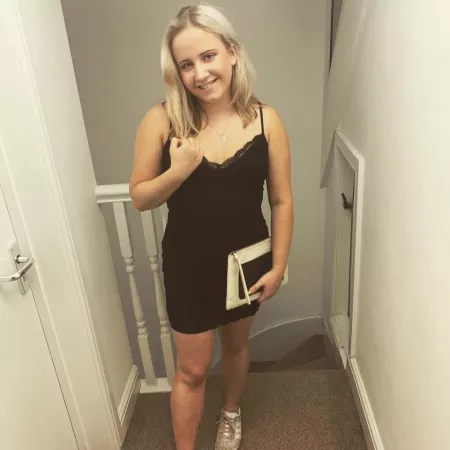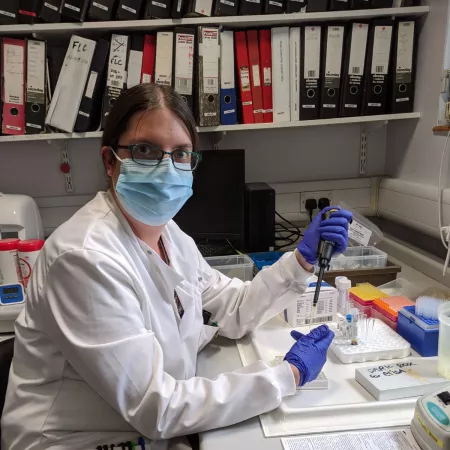
I’m Jo Mackenzie, I live on the Isle of Wight and write a weekly, epilepsy advocacy blog on BrainAblaze.com - Goldilocks Complex. I’m studying a BA in Arts and Humanities (specialising in English language) part-time with the OU, alongside a proofreading and editing course. I guess you could say, I’m a bit of a word-nerd!
I was diagnosed with epilepsy at 13 and tried, as much as possible, to pretend it didn’t exist. I began full-time employment at 18 and, although I hadn’t accepted my condition, I always made certain to ensure all my employers knew I had epilepsy. That way should a seizure begin in the office, it wouldn’t completely overwhelm them. I’d be safer.
My most recent position was at a firm of insurance brokers, in Brighton. I was office manager, a role which included a lot of attention to detail and finickity compliance checking. This involved huge levels of concentration and I would often arrive home incredibly tired; I’d have a seizure (sometimes 2) most nights. Yet, I would still try to keep up with office-culture, I’d go on every night out, and not just for one, I’d be there till the end. It meant I never got a chance to recover from work, or the seizures which followed.
I couldn’t maintain this situation for a prolonged length of time. In the same way a car won’t run without petrol, a person can’t survive without proper rest. I made a deal with my family and doctors, I agreed to cut my hours from 40 down to 24 each week. For a short while I was doing okay, then I had a generalised seizure in the office. This was out of the ordinary for me, I usually have focal impaired awareness seizures. My colleagues were more than familiar with this type of seizure, but a generalised seizure totally floored them.
I’d talked them through seizure first aid, for both generalised and FIA seizures, I’d repeated and reiterated the circumstances in which I would need an ambulance. Yet when I ‘came to’ on the floor of the office, surrounded by petrified faces, the first thing I heard was, ‘the paramedics are on their way’. I’d been incontinent, I was exhausted, and I wanted to go home. Yet instead, I was in an ambulance on my way to hospital.
My neurologist signed me off for 6 weeks. In that time my seizures reduced in number, but still I didn’t put together that my lifestyle wasn’t doing me any good. I negotiated with my family and reduced my hours down to 18 each week. I wasn’t going to quit without a fight. I was now only working 6 hours on Mondays, Wednesdays, and Fridays. I was able to do more than stay in bed on the weekends, only because now I slept all day on Tuesdays and Thursdays. I hadn’t solved my problems; I’d had them redistributed.
I clung to this idea of working because it’s all I’d ever known. I’m fiercely independent and I equated losing my job with losing my ability to be self-sufficient, to be able to manage, to being a ‘bludger’. I didn’t want to apply for benefits. That meant writing down in black and white that I had a disability, I needed help, I couldn’t do ‘it’ on my own. But I do have a disability. I do (on occasion) need help, and right there at that point, I couldn’t do it on my own. I applied to the DWP for benefits and, after a long wait, started to receive them.
In February 2017, my doctor signed me off work indefinitely due to refractory epilepsy and stress. I still have 2-3 FIA seizures each week, yet my quality of life has vastly improved. I’m happier, I’m healthier, I have more energy and I’m in a better place. If I could go back and re-do my last few working years, I would have left employment in 2014 and not pushed myself to stay.
I was incredibly unhappy, having an extraordinarily high number of seizures each week, and running on empty. Leaving work wasn't the easy choice, it was the decision which put my condition first. I found managing work challenging, but that doesn’t mean you will. My advice is always to prioritise your health, and if that means working fewer hours, adapting your work schedule or missing the occasional work drinks, then that’s okay.




